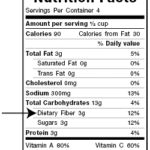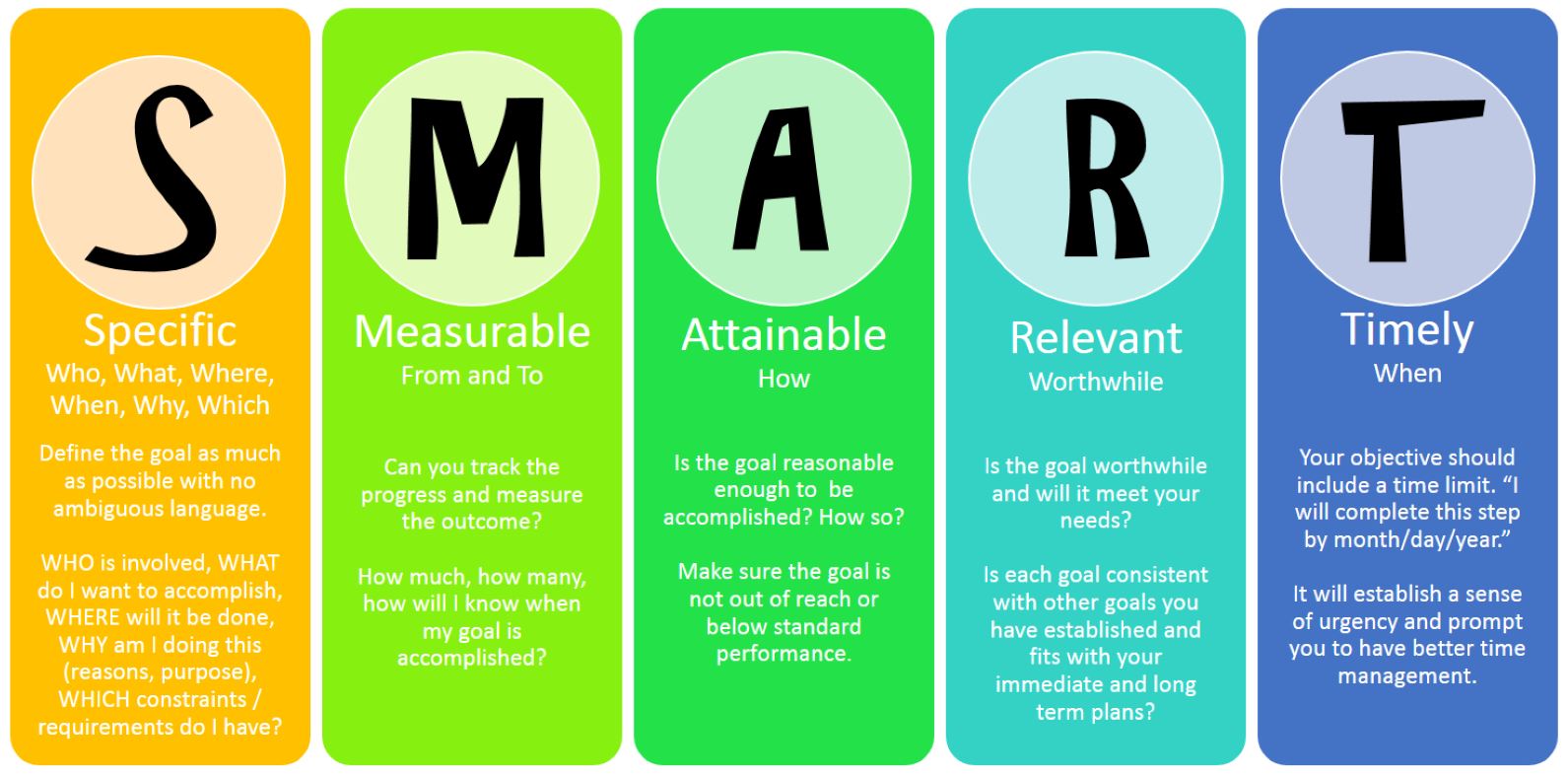I have been asked so many times ‘What is the difference between a Dietitian and a Nutritionist,’ but I hadn’t realized until this weekend past what it meant to people. I was speaking with a gentleman and the topics of our respective occupations came up. When I told the man I was a Dietitian he asked me ‘What is the difference between a Dietitian and a Nutritionist?’ He continued on by saying, ‘I would much rather go to a Nutritionist than a Dietitian because a Nutritionist is going to go over all of my nutrients, vitamins and minerals and tell me what I need to be healthy, a Dietitian is just going to put me on a diet and I won’t be able to eat anything. A Dietitian sounds so much scarier.’
This is of course when I had my “AH HA” moment. For some time now, Dietitians have been trying to figure out why individuals seek out the advice of a Nutritionist, Nutritionalist or other nutrition related professional rather than a Dietitian. This might seem like a fruitless effort to some. Why do us Dietitians worry about where the public might be getting their nutrition information? It’s because Dietitians have to complete a four year degree program, followed by a competitive one year internship with a Healthcare system, for example I completed mine with Eastern Health, and only then can we write our National Certification exam which allows us to practice if we pass. The Dietitian profession is also regulated. This means that a governing body is responsible for insuring that the universities we attend are accredited and giving us the tools we need to complete our internships and our internships are accredited and giving us the tools to not only help our patients and clients but to also do them no harm. After a Dietitian completes and passes their registration exam, education does not stop there! Dietitians must register with their provincial college yearly to continue to practice. One of the purposes of this college is to make sure Dietitian’s keep their knowledge current. Every 3 years we need to have completed 45 education credits which comes from attending workshops, conferences, and completing research among other things. The College also acts to investigate complaints from the public to insure that a Dietitian is doing their jobs properly. If a Dietitian brings harm to a patient or client there will be repercussions and sometimes a Dietitian can lose their ability to practice. Lastly, because a Dietitian has to go through this strict process, the term Dietitian, or Registered Dietitian is protected. This means that legally, only a person who has gone through the above process can call themselves a Dietitian and write the initials ‘RD’ after their name.
With all this being said, I go back to my original question, why are Dietitians worried about where individuals are getting their nutrition info? It’s because any person who wishes to call themselves a Nutritionist can! The title Nutritionist isn’t protected and you never need even do a nutrition course to call yourself that. Now, all this being said, I have met some Nutritionists who are extremely educated and our Community Dietitians are called Nutritionists but it isn’t a regulated profession so there is no governing body to insure that every nutritionist is giving their clients safe and accurate information. Dietitians can call themselves Nutritionists if they like but Nutritionists cannot call themselves Dietitians. When in doubt, look for the initials ‘RD’ after the professionals name to confirm they are a Dietitian.
So, with all these thoughts in my head I look at the man who tells me a Dietitian sounds scary and I say ‘I never thought of it that way’ and I hadn’t! I thank him and I tell him that a Dietitian is what he is thinking of. We look at what nutrients you are taking in, what you might be missing, how you can get what you need and we also educate clients and patients about creating a healthier relationship with food.
Bringing all this together, a Dietitian’s job is to:
1. Give you tips and healthy recipes to help you plan, shop for and cook healthy meals for you and your family
2. Give you information to help you interpret food labels, the latest food trends and diets
3. Give you support to improve the relationship you have with food
4. Create a customized meal plan to help you
a. Manage your weight
b. Manage any food allergies or intolerances
c. Get the most from your workouts
d. Prevent and manage chronic diseases like diabetes, heart disease, high blood pressure, cancer and kidney disease
5. Give you individualized counseling for stages throughout the lifespan including young “picky eaters”, active teenagers, pregnant women and elderly.
6. Give you advice on whether you need a vitamin or mineral supplement based on your health needs
At the end of the day, as a Dietitian and lover of all food, my motto is to enjoy all foods in moderation and I would never “put anyone on a diet” or tell a patient or client to cut something out of their diet unless eating it would be harmful based on an allergy or health concern they specifically have. Dietitians are here to help you make decisions about food. We love food and we love to help!








